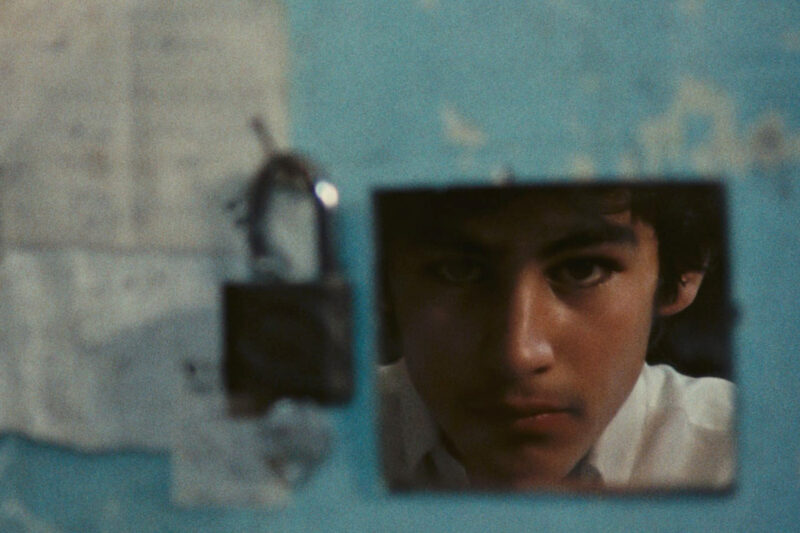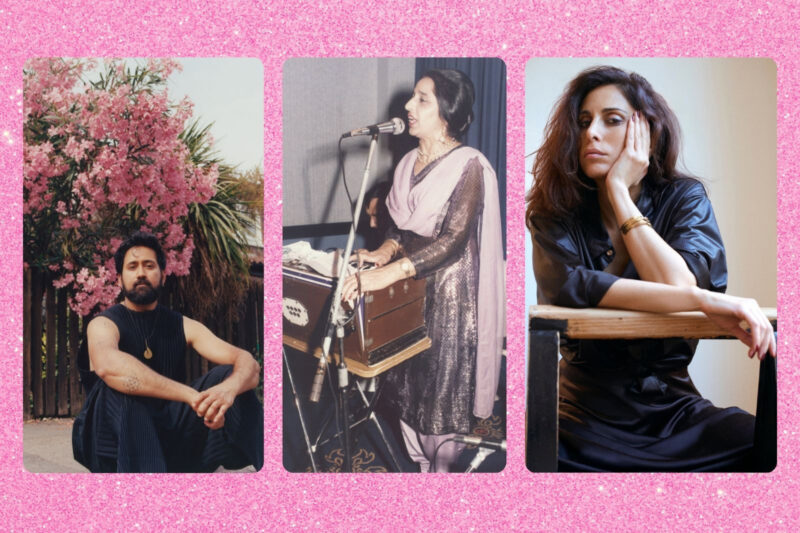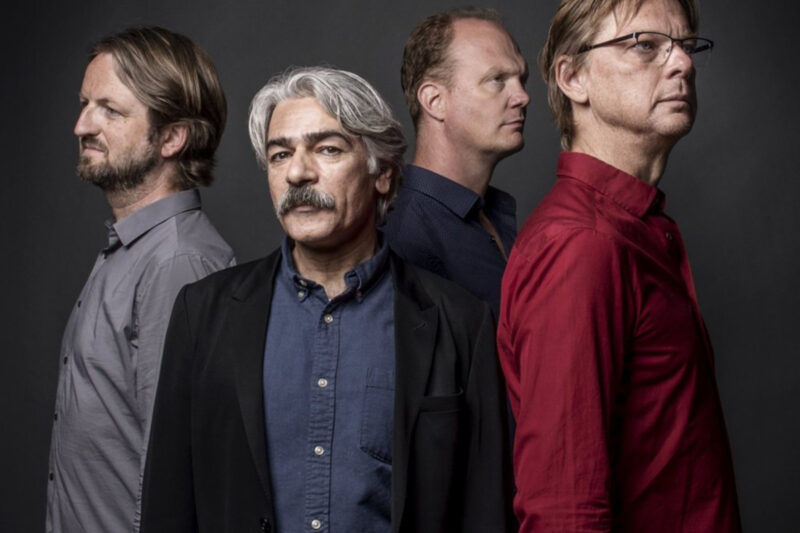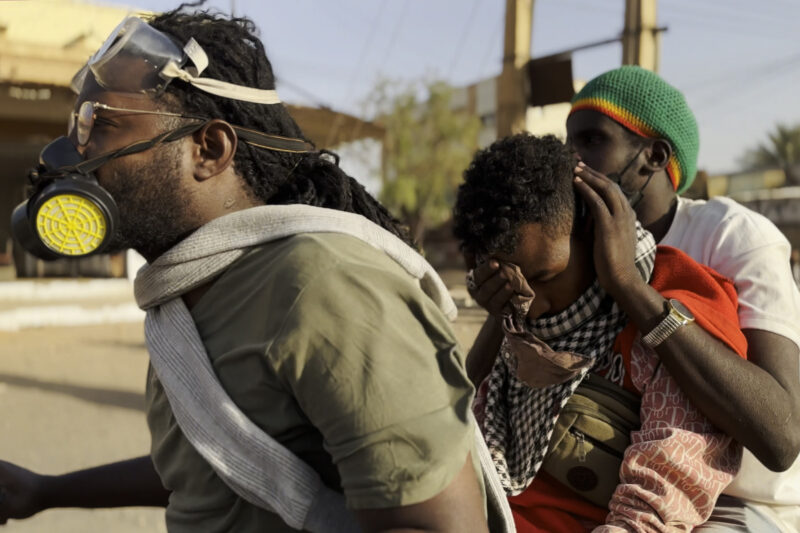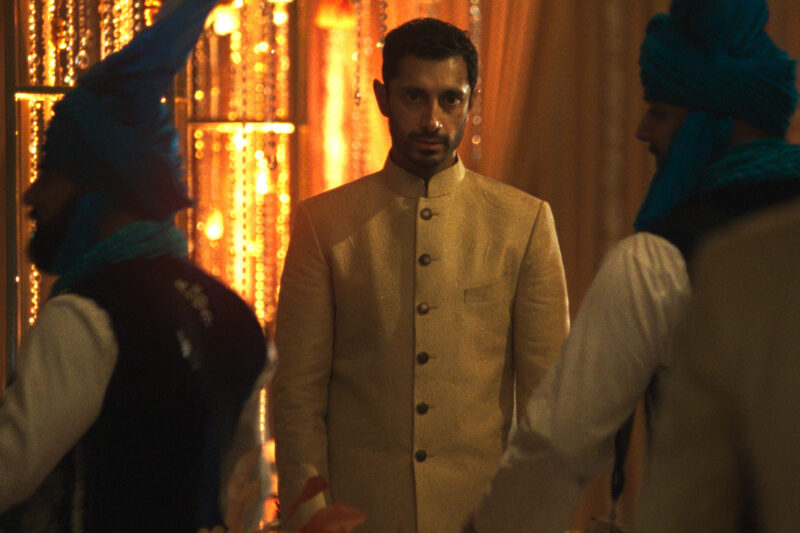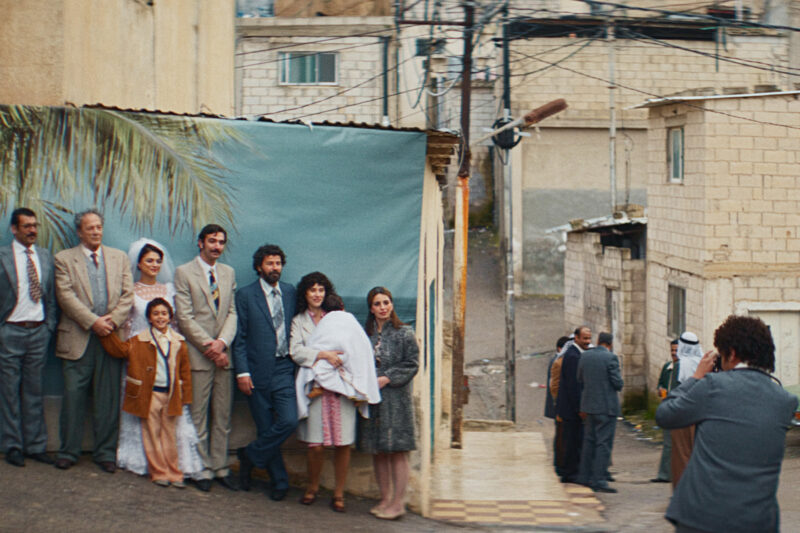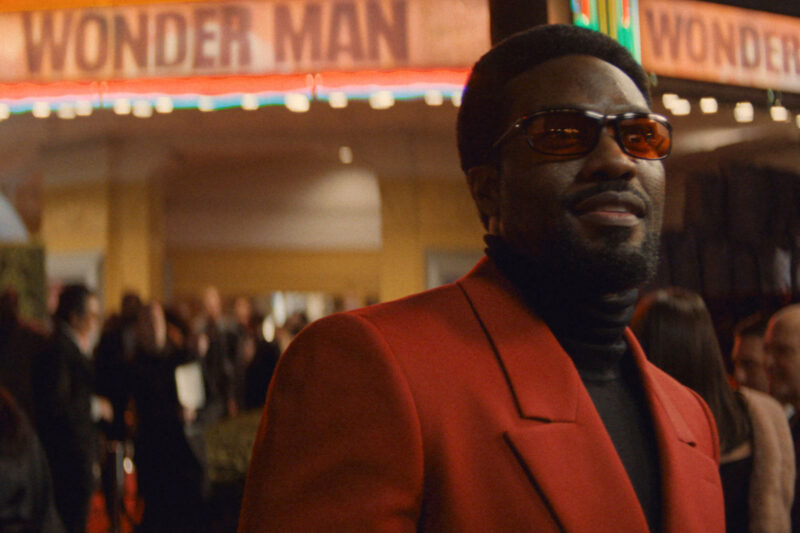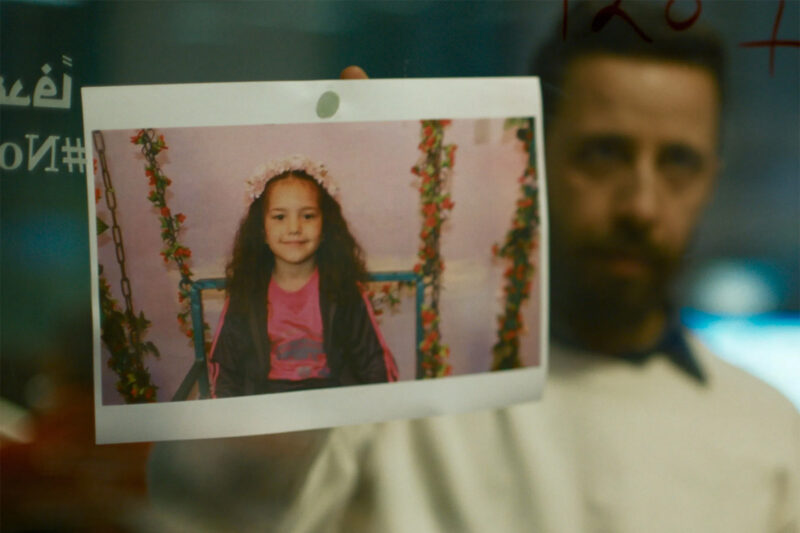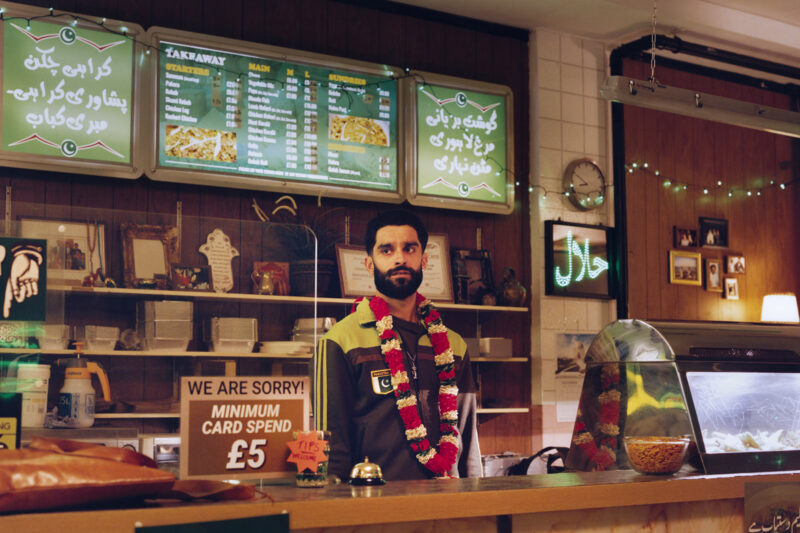‘I’m a sucker for mixing genres’: Babak Anvari on his family horror Hallow Road
The British-Iranian director on creating his nerve-shredding yet dreamy drama
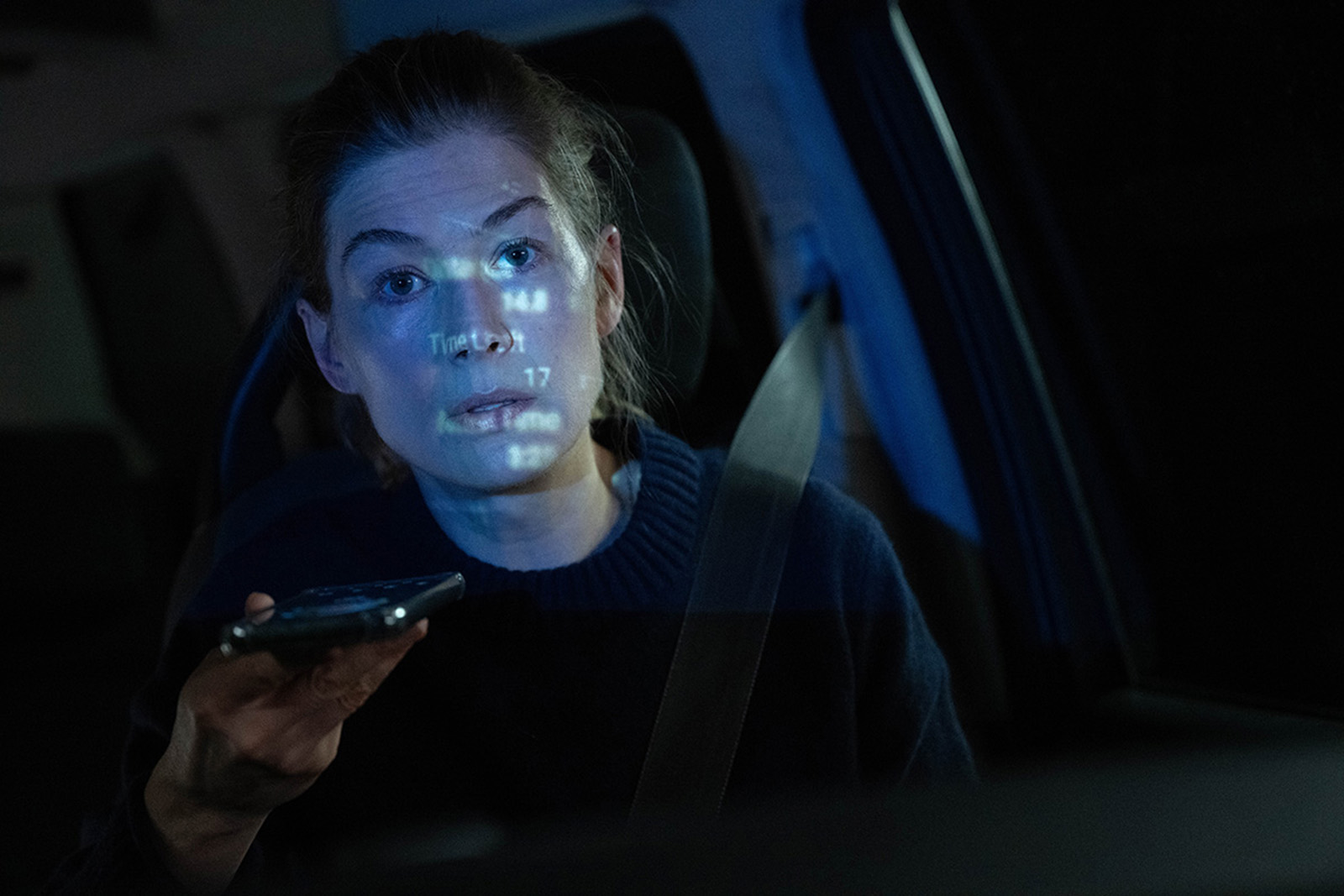
It’s incredible to think that someone so jovial as Babak Anvari — who describes his collaborators as “amazing” and “wonderful”, and finds interview questions “fascinating” — is capable of dreaming up such twisted nightmares.
The British-Iranian director first burst onto the scene in 2016 with his elegant horror feature Under the Shadow, in which a mother and daughter are tormented by a djinn in 1980s Tehran.
He followed with New Orleans-based surreal tale Wounds in 2019, then the 2022 thriller I Came By. Now, the director returns with Hallow Road, a film that defies easy classification — it’s a drama, a cruel horror and the darkest of fairytales.
“I’m a sucker for mixing genres,” Anvari says, as we speak over Zoom. “You start from one space thinking it’s a family drama and then there’s a very dreamy element to the film as well, for which I took inspiration from the master, David Lynch. It was just like putting all these elements in a blender of my crazy mind and trying to marry them all together.”
After making waves at SXSW in March this year, Hallow Road is now set to be released in cinemas globally. The story follows parents (Rosamund Pike and Matthew Rhys) who receive a phone call in the middle of the night from their teenage daughter, who has caused a car accident. The majority of the action takes place over the course of a single, nerve-shredding car journey on their way to help her.
“The challenge of doing a psychological thriller mostly set in a car was so enticing for me as a film-maker — how can I maintain the tension within such a closed space?” Anvari says.
Anvari is no stranger to confined horror. Under the Shadow turned a Tehran apartment block into a psychological minefield. But where that film was rooted in wartime anxiety and cultural repression, Hallow Road is more domestic and arguably even more terrifying — through the unravelling of parental control and the fate of becoming your own child’s monster.
“The dynamic between these two characters and their relationship with their daughter really fascinated me and made me think of so many ideas and so many directions that the story can go,” Anvari says.
Only the film’s opening and closing scenes take place outside of the car and have an entirely different feel to the steely darkness of the vehicle, making the space all the more discombobulating.
“We shot everything outside on 16mm to make sure it can be as grainy as possible,” Anvari says. “And then once we go inside the car, it turns into digital. It almost feels like we enter the anxious psyche of the parents the moment we enter the car.”
Like many horror directors and fans, Anvari sees fear as a way to confront the unspoken. We go to scary films not just to be afraid, but to have our fears witnessed, processed and reshaped into something beautiful within the safe confines of a cinema.
“I’m a person full of anxieties,” says Anvari. “And I think this is why I love tension. Because it’s so cathartic for me and I like inflicting it on other people.”
Anvari grew up in Tehran in the 1980s before emigrating to the UK as a teenager. His love of cinema started at an early age. “I grew up in a family who were obsessed with film and drama and I had relatives who worked in theatre, and so I was always surrounded by it.”
Even after the Islamic revolution in 1979, when the Ministry of Culture and Islamic Guidance restricted access to global cinema, the Anvari family remained abreast of the best films. “We had these people show up at your door, almost like dealers, with a bag full of ‘new releases’,” Anvari recalls, though the films were usually one or two years old by then.
“That’s how I was introduced to the world of cinema,” he says. “And of course, Iran has its own cinema, which is very distinctive, and I was always very exposed to that. By age 10, I knew I wanted to become a film-maker — it was the perfect escape.”
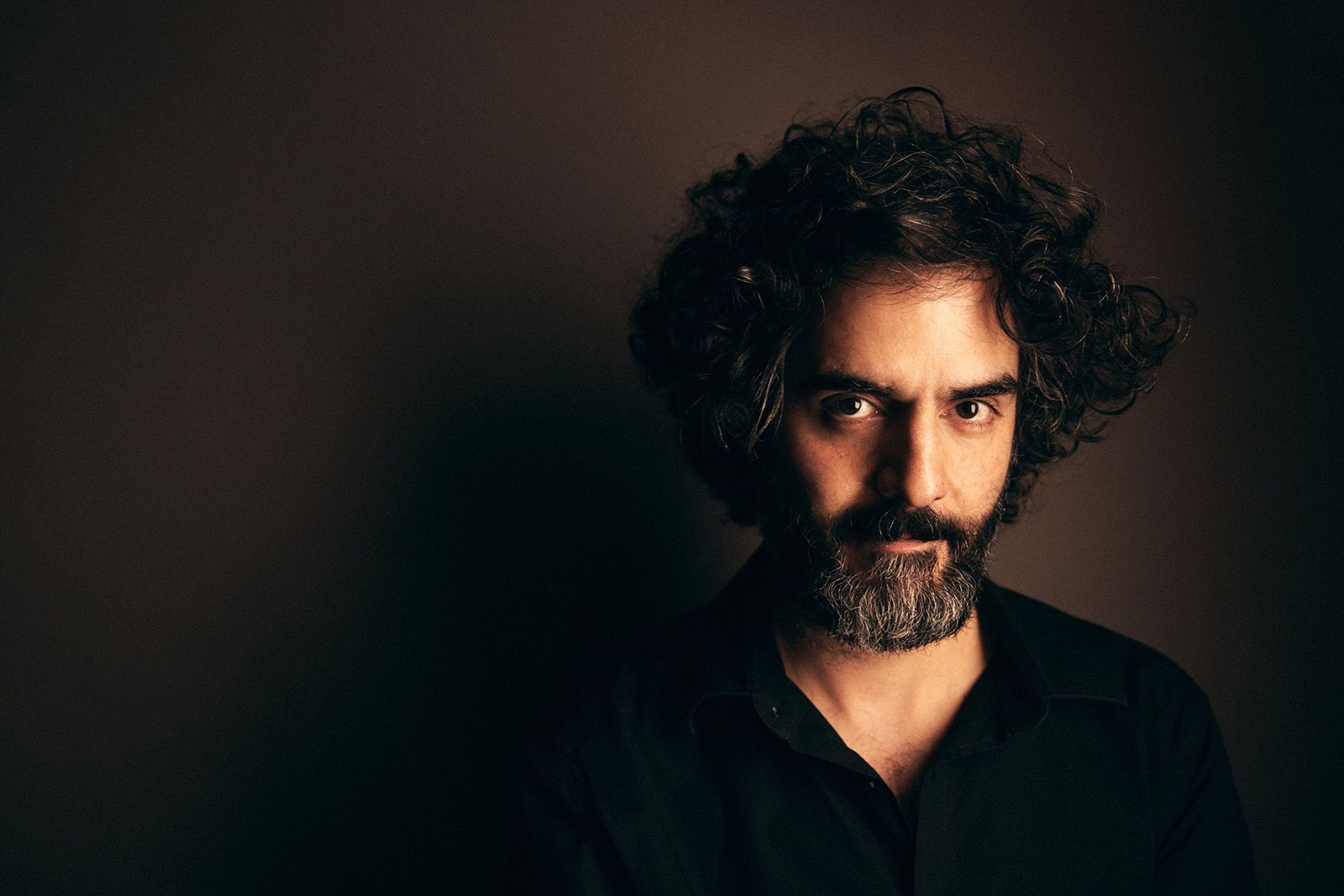
At 19 Anvari moved to the UK, where both Hallow Road and I Came By are set. While he hasn’t set a film in Iran since his 2016 feature debut, it’s only a matter of time before he dreams up the right story for a homecoming — one that revisits Tehran as a setting. “If I get a chance to do that again, I’ll do it in a heartbeat,” Anvari says.
In the meantime, Hallow Road lives in that figurative and literal liminal space — between memory and reality, of the cruel brutality of a car accident and the surreal possibilities of nightmares.
“This is like a modern fairy tale to me,” Anvari says. “In classic fairytales, you have the king and the queen and the princess, and they’re trying their best to change the fate of the princess. Fairytales usually have these moral questions and I always thought of Hallow Road that way.”
The director has always felt comfortable exploring the space between the unconscious and its many shadows. Despite the film’s intimate focus and modest budget, Hallow Road stands as a testament to what can be achieved when a film-maker is given the freedom to pursue their strangest, most personal instincts.
“All of us as film-makers want to tell interesting, new, original stories,” he says. “It’s just convincing the financiers and the studios that these are the stories worth taking risks on, rather than the same tired formula. I think audiences are craving something fresh.” Anvari is rumoured to be at the helm of the next Cloverfield film, but details are closely guarded secrets and he can give away nothing.
Until then, his talent is occupied by stories like Hallow Road — narratives that don’t just entertain, but get under the skin. That respect the audience enough to disturb, surprise and challenge them.
Hallow Road is out now in UK and Irish cinemas.
 Newsletter
Newsletter


